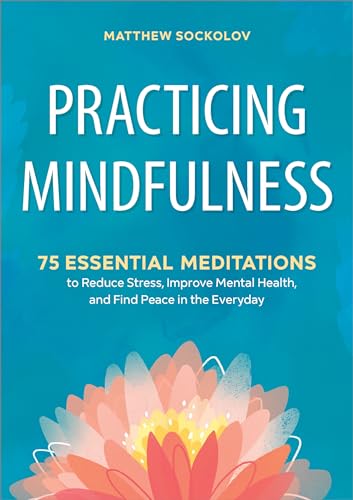Meditation can show noticeable benefits in as little as a few minutes, but consistent practice over weeks or months often leads to deeper, lasting effects.
Meditation offers profound benefits, but results don’t happen overnight. While some effects appear quickly, others require consistent practice. Understanding these timelines helps set realistic expectations for your meditation journey.

The Science of Meditation Timelines
Neuroscience reveals meditation creates measurable brain changes at different stages:
| Timeframe | Physical Effects | Mental Effects |
|---|---|---|
| 1-2 Weeks | Reduced cortisol levels | Momentary calmness |
| 3-4 Weeks | Lower blood pressure | Improved focus |
| 6-8 Weeks | Better sleep patterns | Reduced anxiety |
| 3+ Months | Stronger immune response | Emotional resilience |
Immediate Effects (First Sessions)
Even beginners often notice:
- Brief moments of mental clarity
- Physical relaxation
- Slowed heart rate
Short-Term Benefits (3-8 Weeks)
With daily practice, most people experience:
- 20% reduction in stress (Harvard Medical School study)
- Improved emotional regulation
- Better focus during daily tasks

Factors That Influence Your Results
Practice Consistency
Daily 10-minute sessions prove more effective than hour-long weekly sessions. The brain responds best to regular stimulation.
Meditation Type
Focused attention (like breath meditation) shows faster results for concentration than open monitoring techniques.
Supportive Tools
Using chakra stones or aromatherapy can enhance the experience for some practitioners.
Long-Term Transformation (6+ Months)
After consistent practice, meditators report:
- Structural brain changes visible on MRI scans
- Lasting decreases in anxiety symptoms
- Improved relationships and emotional intelligence
According to NIH research, long-term meditators show increased gray matter density in brain regions associated with memory and emotional regulation.
Optimizing Your Practice
Beginner Tips
Start with 5-minute sessions and gradually increase. Use guided meditations if needed.
Intermediate Techniques
Experiment with different styles – try mantra, body scan, or loving-kindness meditation.
Advanced Approaches
Combine meditation with breathwork or yoga for synergistic effects. Consider specialized tools to deepen your practice.
The key takeaway? Meditation works cumulatively. While you might feel some benefits quickly, the most profound changes come with regular, sustained practice over months and years.
“`
